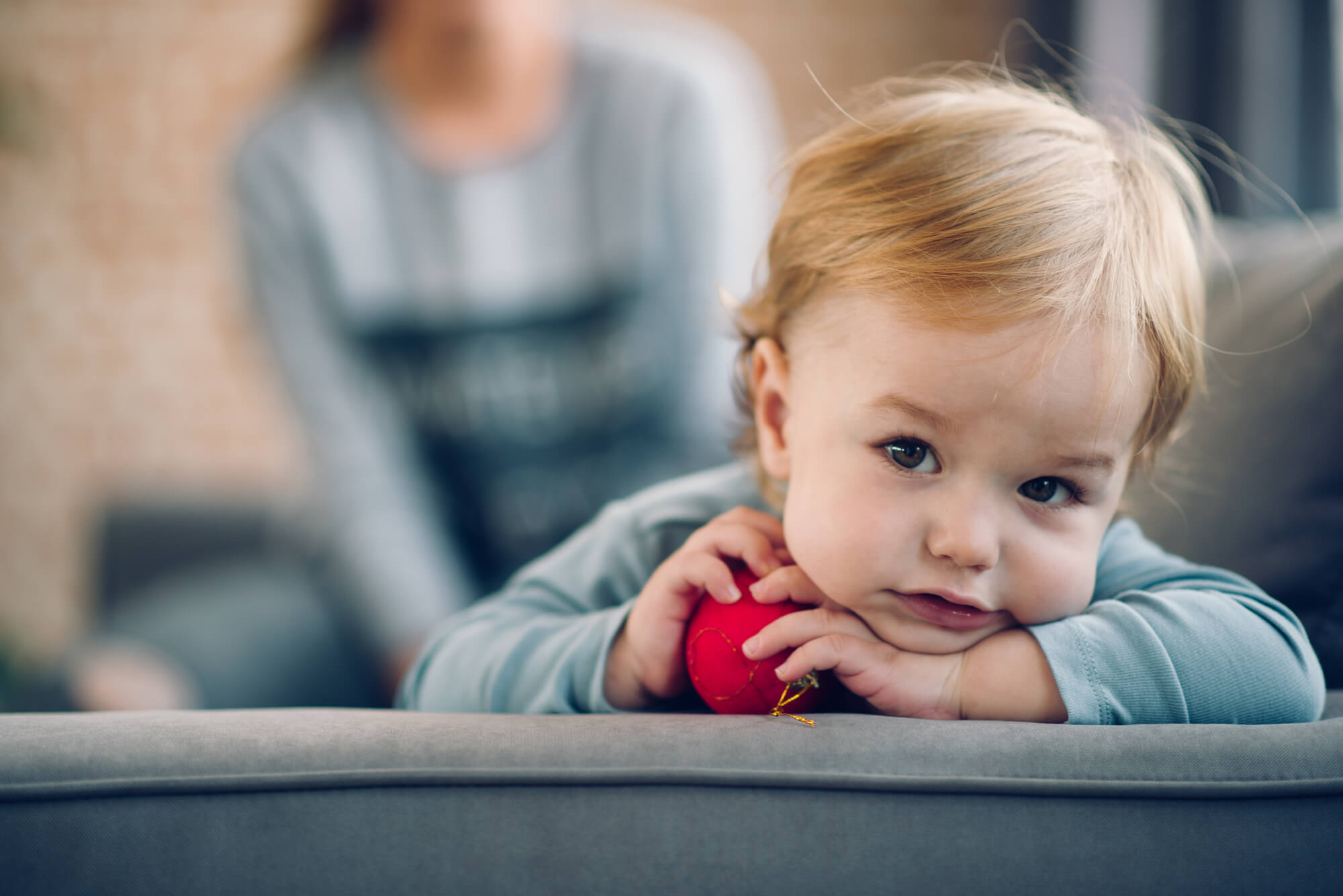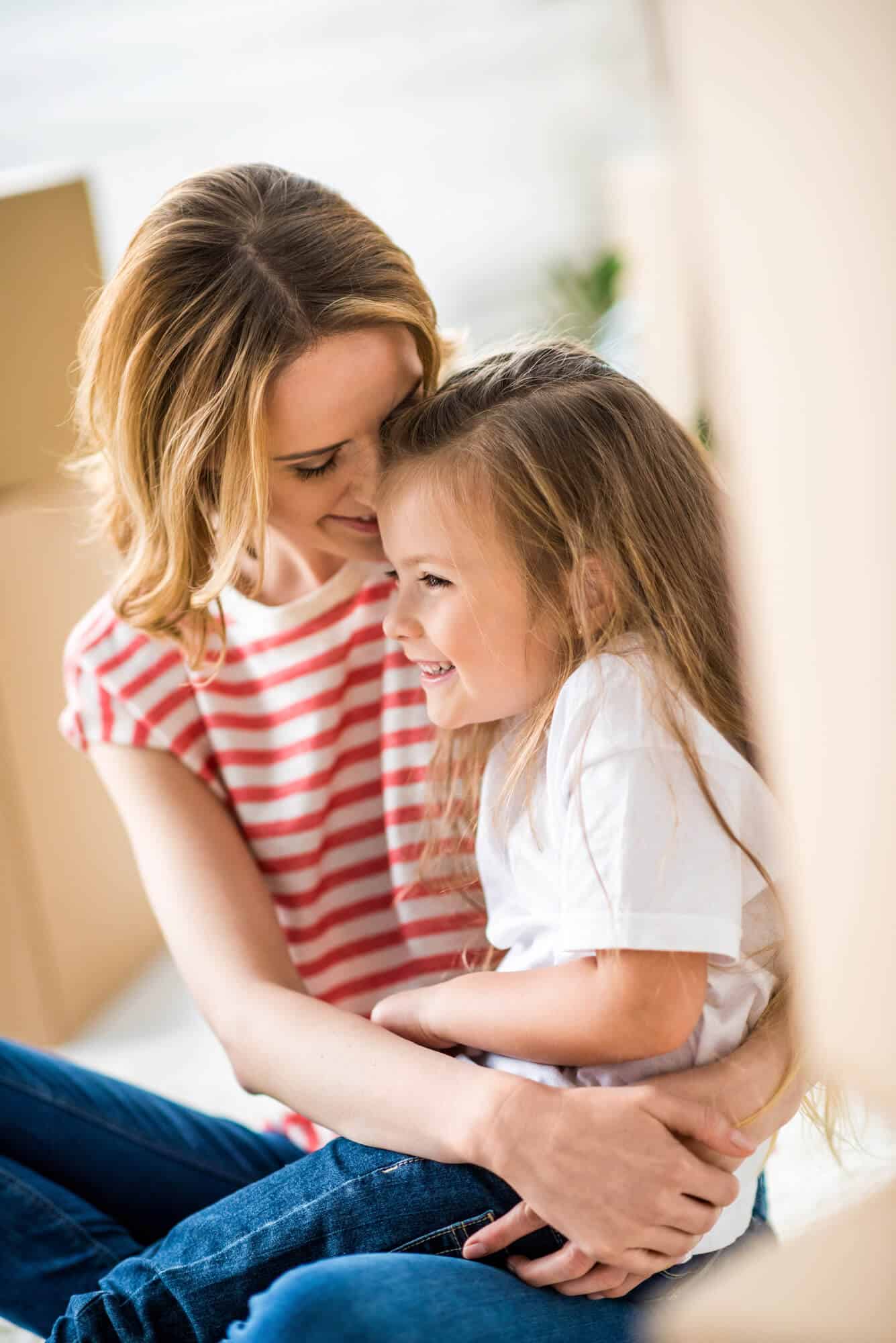Sneak peek: I have learned a lot about kids through earning an advanced degree in Human Development; however, some of my best lessons have come from my own kids. Some advice for parents on learning from your kids.
I have been reflecting on child development lessons I’ve learned from my kids over the past 11 years of parenting. I’ve learned that the best advice for parents often comes from listening and learning from your own children.
It’s been several years now since my oldest son started school full-time. For those of you who are stay-at-home parents, you know that sending your child to school full-time is like graduation day for you. It’s a big day for all parents. I felt it intensely. As I watched his little 5-year-old body run (literally) into school, I felt that moment was 5+ years in the making. I had spent the last 5 years pouring my heart, soul, time, and energy into him so that, in large part, he would be ready for school. Not just prepared in the educational sense, but also confident, happy, and emotionally ready to be in a classroom and interact with his peers. Of course, I have much more lofty parenting goals, too, but this was a big one. There was a tinge of sadness in it for me, but I also felt proud of him and glad that he seemed more than eager to go meet this new experience.

Advice for Parents: Learn from Your Kids
As all parents know, children are the best teachers. I’ve read many child development books, but I really didn’t know anything until I had children of my own and learned day-to-day what child development really means.
1. Observe closely
Sure, we are all around our kids a lot; many hours a day in some cases, but how often do we really observe what they are doing; what they are learning? This is a lesson I learned very early with my first son, but only really came to appreciate a few years later.
As an infant, close observation meant trying to understand why he cried so easily, what movements or activities actually helped soothe him. I’ve written before about colic, and maybe that’s what he had, but maybe it was just his temperament. Either way, close observation is what helped me “decode” his behavior and learn about his emerging personality.
Actionable advice to parents: don’t just watch your kids but become sort of like a scientist studying your child’s behavior. What patterns of behavior do you see? What makes this little person tick?

Later, as he became a toddler, close observation helped me really understand when he was working on a new physical or cognitive skill. We can usually tell when a young child is working on a new physical skill like walking or crawling. What about cognitive skills? By closely observing sometimes you can tell when they’re little brains are ready for understanding numbers or spatial concepts like “under,” “over,” or “behind.”
Related reading: The Key to Making Sense of Your Child’s Crankiness: Understanding Toddler Growth Spurts
2. Let your child’s interests lead you
I really don’t do any type of formal homeschooling with my kids, but I do try to incorporate as much learning into our daily activities as I can. Very young children have such limited attention spans that this is really the best way learning happens in my experience. It just feels like play to them and we all know play is the best type of learning for little ones anyway.
Once my son reached late toddlerhood/early preschool age, it became clear that his interests would have to lead our learning activities. Maybe it was just his personality, but he usually had no interest in most activities or crafts that I just suggested off the top of my head. The activities or books that included something he was interested in were always much more appealing.
Related reading: The Child Development Bookshelf (my curated picks for parents and kids)
I think many children are similar in this regard. I think this is why some young children struggle in conventional school settings—simply because the topics hold little interest to them. Many of the topics that adults feel are “educational” or “seasonally topical” don’t make much sense to little kids. In her recent interview, child development author Erika Christakis beautifully discusses this.
“A staple of early childhood curriculum is the daily tracking of the calendar. And this is one of those absolute classic mismatches because one study showed that, after a whole year of this calendar work where kids sit in a circle and talk about what day they’re on, half the kids still didn’t know what day they were on. It’s a mismatch because it’s both really hard and frankly very stupid.
We’re underestimating kids in terms of their enormous capacity to be thoughtful and reflective…”
I think many young children go through phases where they are really “into” a particular topic, animal or toy. I think if you present children with plenty of books, experiences, and ideas, (maybe even a little educational TV), they will find these topics to delve into themselves.
My son went through phases where he was “into” trains, ants, snails/slugs, robots, cowboys, and the list could go on. When he was really “into” that topic, we would basically center most of our activities around that idea. We would go check out every book we could find at the library on that topic. We would go visit a museum or aquarium that might have exhibits on that topic. We might do crafts or coloring pages that featured whatever topic he was interested at that time.
I firmly believe that if children are given the space and opportunity to experience new ideas, they are natural learners and all you have to do is serve as their guide. These days spent exploring ants and slugs and robots are some of my best memories with my son.
Actionable advice to parents: focus on what your child’s interests are to help you guide their learning. Activities with a young child don’t have to be Pinterest-perfect; outings don’t need to be Instagram-worthy. Kids learn best when guided by what they already enjoy.
**This post contain affiliate links. Purchasing through these links helps support this blog at no added cost to you.

3. Go to the library a lot…and not just for storytime
I love libraries. I want my kids to love libraries. When my son was a toddler, we would go to the library and try to go to storytime. Note the word “try.” He would seldom sit down long enough to listen to more than 3 minutes of the story. I would often leave frustrated and downtrodden, thinking I was doing something wrong and that my child would never enjoy books. Well, I finally learned my lesson (and learned my son’s temperament) and decided we would just go to the library to play or explore whatever he wanted to explore. That worked much better. Fast forward a couple of years, and he was able to sit through storytime, but he also would bring books to me to read to him at home.
Actionable advice to parents: Try visiting different libraries in your area. Most have a play area for kids. If the library is closed or you don’t have access to one, try creating a cozy corner or bookshelf that is kid-friendly and packed with books. You could also see if there is a little free library in your area.
If your child is like mine and will seldom sit through storytime, it’s still a great experience to go to the library. Most libraries have few toys or a play area for young children. I think just being surrounded by books is great, and the love for books will eventually rub off on them. My younger son is much the same way, but he still likes picking out books and using the computer check-out system. Picture books, even for somewhat older children, are key to not only language development but also visual literacy.
Related reading: Classic Baby Books that Boost Brain Development
4. Be Patient
Okay, patience is a skill that many of us parents struggle with maintaining. I struggle with patience daily. Spending your days with young children is taxing on most of us, but patience in many forms is a virtue that reaps many benefits.
Related reading: Getting Beyond “Count to Ten”: Learning to Be a More Patient Parent Using a Simple Process
Patience, while your preschooler struggles to put on his/her shoes, is one thing, but patience with the development of your child is a whole other concept. Some of the best advice for parents is simple: child development is a process, not a race. Barring any developmental delays, most children go through the process of learning and growing in their own unique way, but at a similar trajectory.
I really thought my first son would never be potty-trained. We thought he was ready when he was a few months shy of 3, but it took another almost 6 months until he was really completely clean and dry all the time every day. I read all those articles about “potty train your child in 3 days,” but to no avail. Ultimately, it just took patience on our part and him really wanting to do it himself. No amount of bribing, cajoling, or talking him into it would work.
The same thing happened with my second son, giving up his pacifier. We tried every technique in the book, but he had to eventually just give it up himself when he was really ready. I think talking about it with him helped, along with watching a few videos and reading books about giving it up. Ultimately, though he had to be ready and one day he just threw it in the trash.

Many aspects of child development are like this. We, as parents, want certain phases to be over or we want our child to meet certain developmental milestones. When it comes down to it, however, development goes at the pace that’s right for each individual child. We can help move things in the right direction. We do have to introduce potty training or the idea of giving up the pacifier, but with many of these developments, they happen at the child’s pace, not ours.
Related Resources:




Leave a Reply